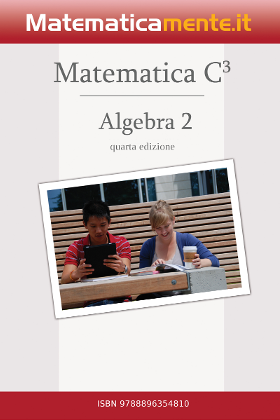- Teacher: Daniel Wanyama
wanyama.gnomio.com
-
Welcome to your

Now, you are in control!
Moodle is an open-source Learning Management System (LMS) that provides educators with the tools and features to create and manage online courses. It allows educators to organize course materials, create quizzes and assignments, host discussion forums, and track student progress. Moodle is highly flexible and can be customized to meet the specific needs of different institutions and learning environments.
Moodle supports both synchronous and asynchronous learning environments, enabling educators to host live webinars, video conferences, and chat sessions, as well as providing a variety of tools that support self-paced learning, including videos, interactive quizzes, and discussion forums. The platform also integrates with other tools and systems, such as Google Apps and plagiarism detection software, to provide a seamless learning experience.
Moodle is widely used in educational institutions, including universities, K-12 schools, and corporate training programs. It is well-suited to online and blended learning environments and distance education programs. Additionally, Moodle's accessibility features make it a popular choice for learners with disabilities, ensuring that courses are inclusive and accessible to all learners.
The Moodle community is an active group of users, developers, and educators who contribute to the platform's development and improvement. The community provides support, resources, and documentation for users, as well as a forum for sharing ideas and best practices. Moodle releases regular updates and improvements, ensuring that the platform remains up-to-date with the latest technologies and best practices.
Links of interest:
(You can edit or remove this text)
Available courses

This unit describes the competencies required by a technician in order to apply algebra apply trigonometry and hyperbolic functions, apply complex numbers, apply coordinate geometry, carry out binomial expansion, apply calculus, solve ordinary differential equations, apply power series, apply statistics, apply numerical methods, apply vector theory, apply matrix and apply quantitative techniques.
- Teacher: Daniel Wanyama

This unit specifies the competencies required to demonstrate occupational health and safety practices. It involves identifying workplace hazards and risks, identifying and implementing appropriate control measures to hazards and risks and implementing OS
- Teacher: Daniel Wanyama

This unit covers the competencies required to demonstrate numeracy skills. It involves using whole numbers and money up to one hundred thousand for work, Locating, comparing and using highly familiar measurement for work, using highly familiar maps and diagrams for work, identifying and using some common 2D shapes for work and locating specific information in highly familiar tables, graphs and charts for work
- Teacher: Daniel Wanyama